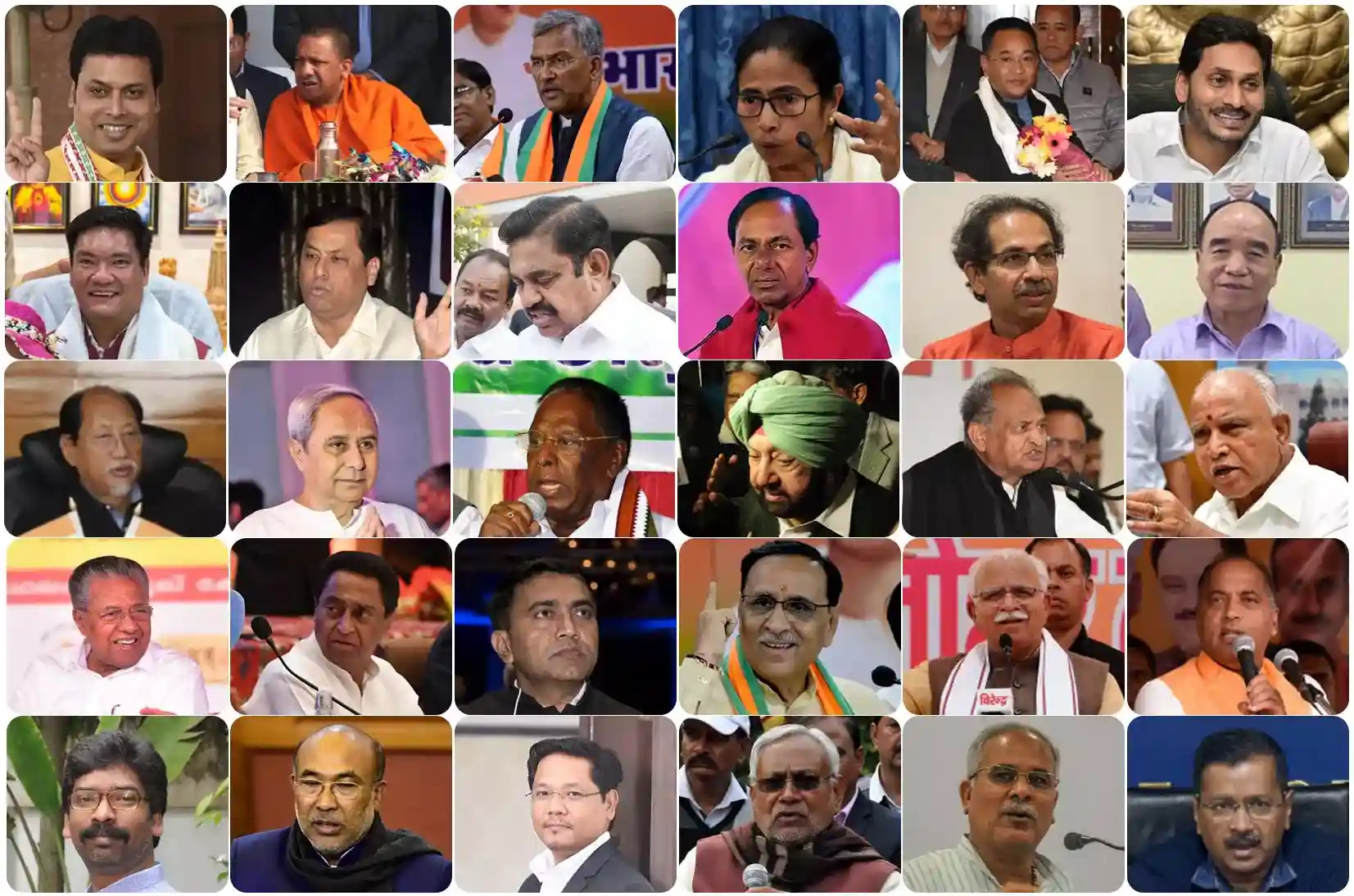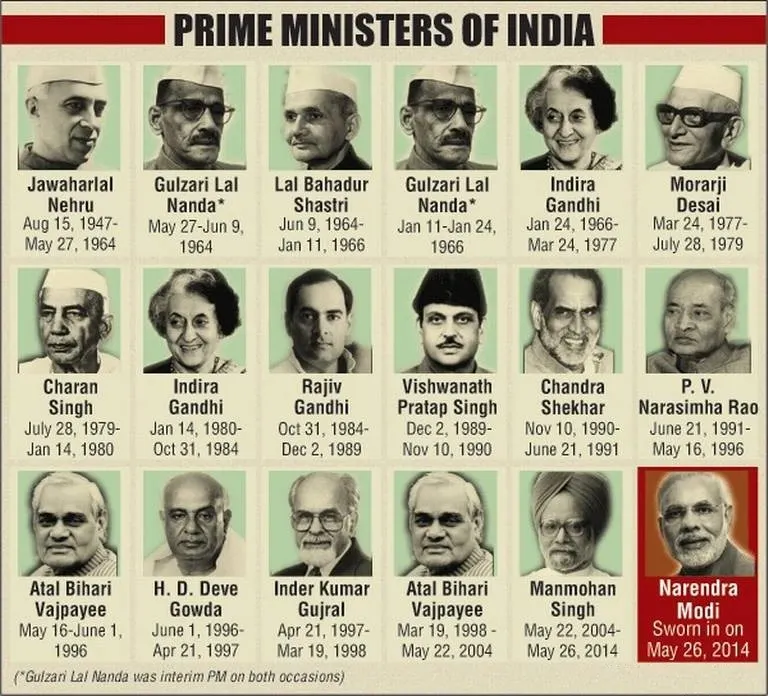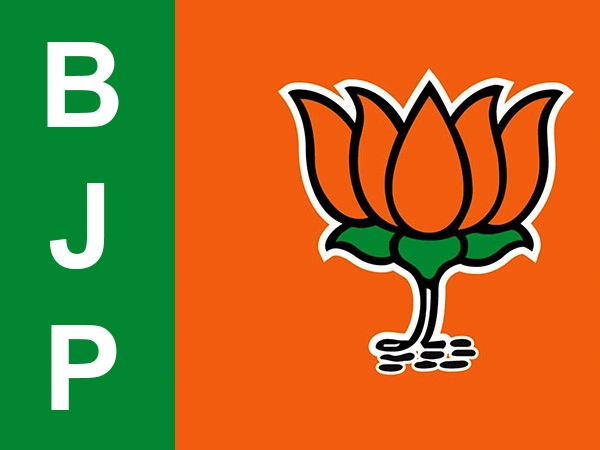Introduction: The Aam Aadmi Party (AAP), founded in 2012, emerged as a political force in Indian politics with a vision to represent the common people and address their concerns. Led by Arvind Kejriwal, AAP gained prominence for its anti-corruption movement and later transitioned into a full-fledged political party. With its unique approach and grassroots appeal, AAP has significantly impacted the political landscape of India.
- The Birth of a Movement: The Aam Aadmi Party was born out of the need for a corruption-free and accountable government. Arvind Kejriwal, along with other activists, initiated the India Against Corruption (IAC) movement, demanding the enactment of a strong anti-corruption law, the Jan Lokpal Bill. The movement gained massive public support, setting the foundation for the birth of AAP.
- Core Principles and Ideology: AAP’s ideology revolves around the principles of transparency, participatory governance, and accountability. It seeks to bridge the gap between the common citizens and the political establishment. The party believes in decentralization of power, emphasizing the active involvement of people in decision-making processes.
- Grassroots Politics and Social Activism: AAP’s strength lies in its ability to connect with the common people at the grassroots level. The party actively engages in social activism, advocating for issues like education, healthcare, water, and electricity. Its community-driven approach has helped AAP build a strong support base among marginalized sections of society.
- Delhi Model: Transforming Governance: In 2015, AAP secured a historic victory in the Delhi Legislative Assembly elections. Arvind Kejriwal assumed office as the Chief Minister of Delhi, and his government introduced several transformative policies. The Delhi model focuses on improving public education, healthcare, and providing subsidized water and electricity. It has been widely recognized for its innovative and inclusive approach to governance.
- Political Challenges and National Ambitions: While AAP has achieved significant success in Delhi, expanding its influence at the national level has presented challenges. The party faced setbacks in other states, but it remains committed to expanding its footprint. AAP’s national ambitions aim to provide an alternative political narrative based on clean governance and people-centric policies.
- Electoral Performance and Impact: AAP’s electoral performance has been a mixed bag. While it has faced defeats in some states, it has emerged as a formidable force in Delhi. The party’s performance in the 2020 Delhi Assembly elections, securing a landslide victory, reaffirmed its appeal among the electorate. AAP’s success has also influenced other political parties to adopt a more citizen-centric approach.
- Criticisms and Controversies: Like any political party, AAP has faced criticism and controversies. Some critics argue that the party has failed to effectively implement its promises or fulfill the expectations of the public. Additionally, internal disagreements and rifts have occasionally marred the party’s unity. However, AAP has demonstrated resilience in addressing these challenges.
Conclusion: The Aam Aadmi Party, with its focus on citizen participation, accountability, and welfare-oriented governance, has made a significant impact on Indian politics. Through its grassroots activism and innovative policies in Delhi, AAP has shown that an alternative political model is possible. While facing obstacles, the party’s commitment to the aspirations of the common man continues to resonate with a significant portion of the Indian electorate. As the political landscape evolves, AAP’s journey and its role in shaping the narrative of Indian democracy will undoubtedly be closely watched.
![]()





